Effective social change happens when people and organizations collaborate around shared ideas, missions, values, and issues. In this section of Open Portal Network, you are invited to write about and discuss the concepts that motivate you and/or your organization. Look for areas of agreement, and overlap with others. These are opportunities for united action. It is equally valuable to identify and speak about disagreements, differences of opinion, and unique approaches. These discussions will reveal gaps in our organizational fabric that signal a need for new programs and initiatives.
Identify your contribution as fitting in to one or more of these categories: Ideas, Values, Issues, or Programatic Focus.
Ideas
Ideas are very general…
A Network of networks –
Most organizations have a mission or purpose, a constituency of stakeholder individuals and organizations, and a way of operating. Each of these groups may work with other, similar groups to form a network. They may arrange themselves hierarchically with one group determining the terms and conditions for membership (e.g. a professional organization). Or the network may be egalitarian with each member organization maintaining its independent functions and styles. Open Portal Network is this second type of group, a mesh rather than a tree structure. Its purpose is to encourage communication across a wide variety of organizations that are working toward enlarging opportunities for children and adults, around the globe, to learn and enhance their lives. We do not espouse any one way to do this beyond the notion that the teacher-centered classroom is not the only route to learning. From Liza, 12 October, 2021
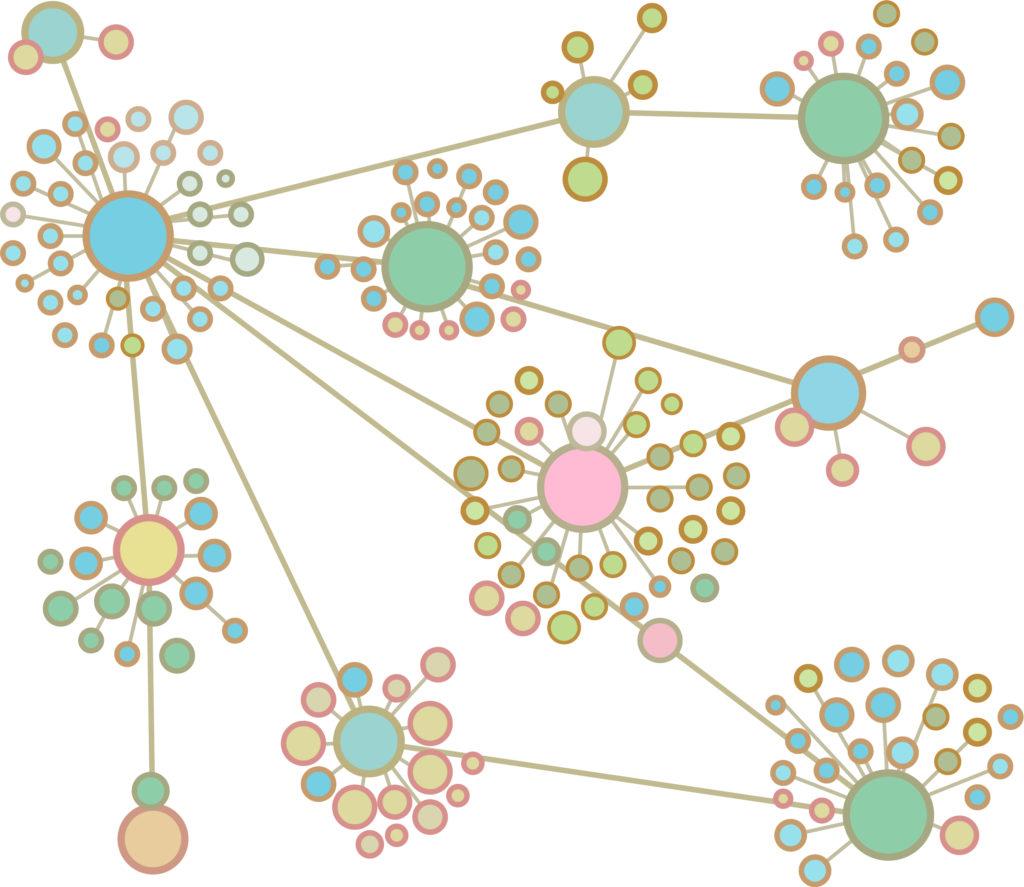
Connected organizations –
Many groups working to improve educational opportunity do not know about each other and, therefore, cannot benefit from the ideas and experience of the others. Open Portal Network aims to encourage loose connections that lead to knowledge of like groups and potential mutual enhancement. From Liza, 1 November 2021
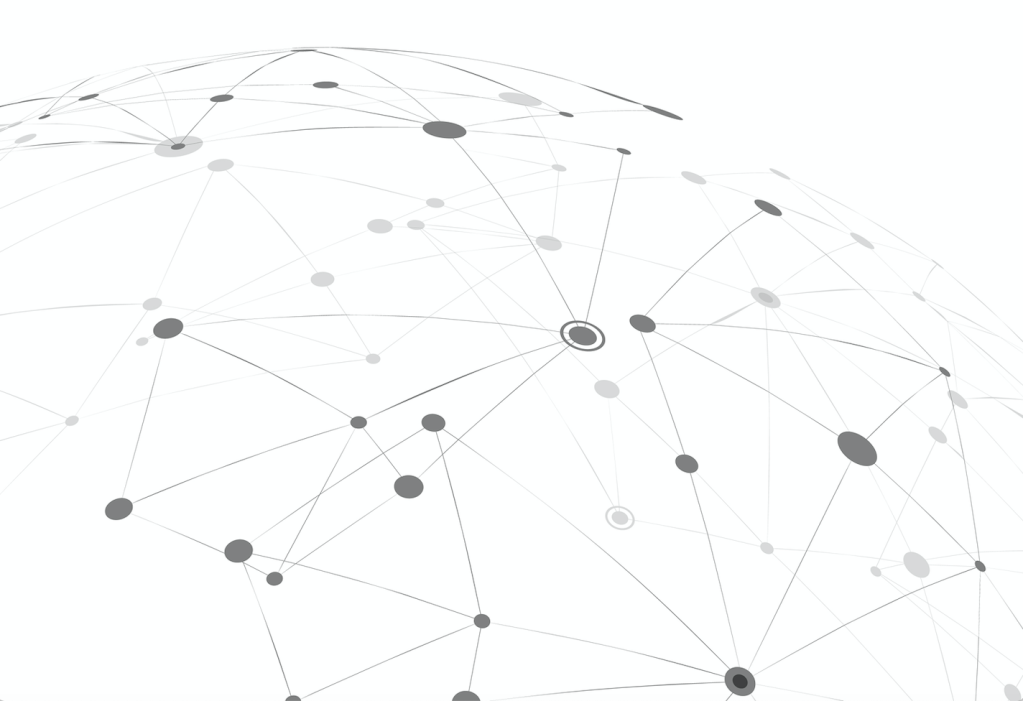
Overlapping Shared Values –
While few organizations will have identical purposes or constituencies, many will discover that they hold some values in common. For example, one group may have been formed to support access to learning materials by school children with different ability challenges such as vision, hearing or mobility limitations. Another group may be similarly motivated by issues of inclusion but with a focus on unemployed adults. Overcoming the ability challenge by the individual and increasing inclusion by the relevant institution are shared values among both organizations. Open Portal Network participants connect through their shared values and appreciate the areas in which they differ.

Common Vision/Clear Purpose –
As agents of change, Open Portal participants do find that the future they envision and work toward has many similarities. In general, we are working toward a world where those humans who are born are likely to survive to adulthood and have the opportunity to be healthy in mind and body, to experience civil peace in their neighborhoods, and can enjoy self-direction and high self-esteem throughout their lives. As our network grows specifics of the vision will emerge as clearly stated purposes with more accurate descriptions of both our commonalities and our differences.
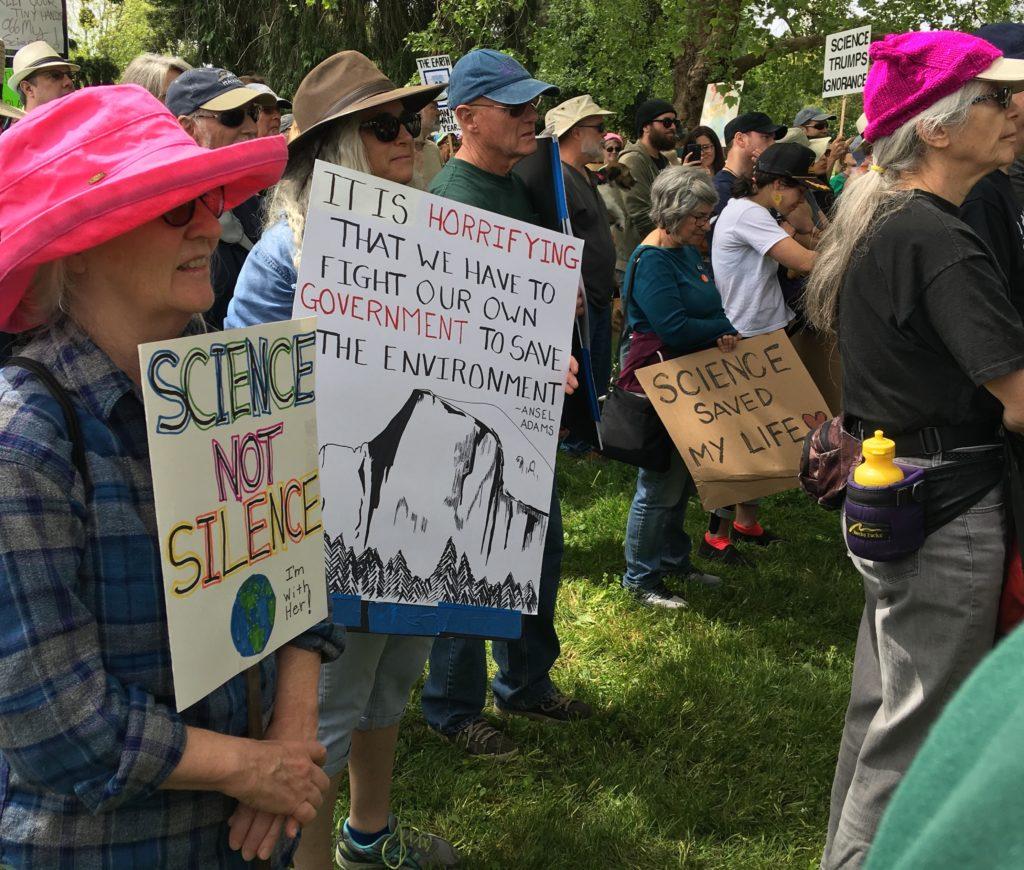
Trustworthy Relationships –
Research suggests that these factors contribute to building trust among public service agencies as they collaborate with one another.
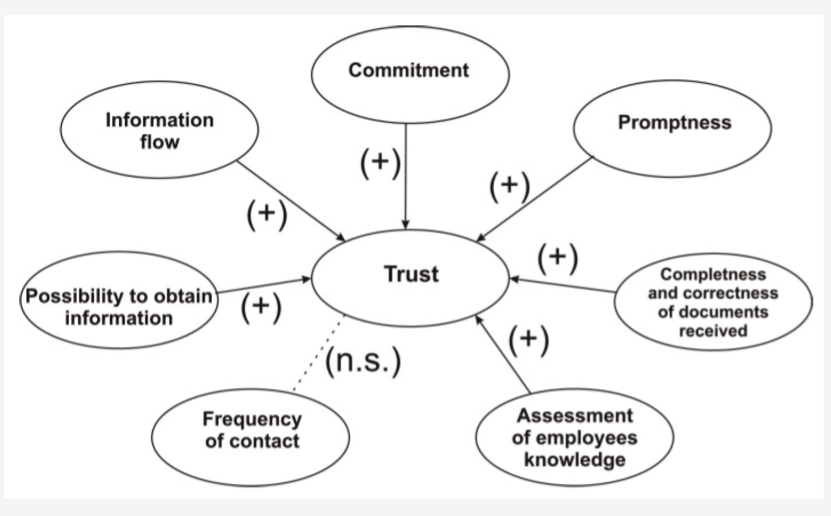
Conative Intelligence –
Central to the concept of conative intelligence is the use of personal agency or volition to make choices regarding thoughts, emotions, and behaviors related to goal-directed activities. See “A Holistic View of Education and Schooling: Guiding Students to Develop Capacities, Acquire Virtues, and Provide Service“. William Huitt

Values
Responsiveness –
Educators and educational systems will serve learners best when they are responsive to the needs that the learners presents. This takes a great deal of empathy, observation and communication. Thus the need for diversifying the educational ecosystem and pushing this variety in to the mainstream culture. From Justine, 2 December 2021
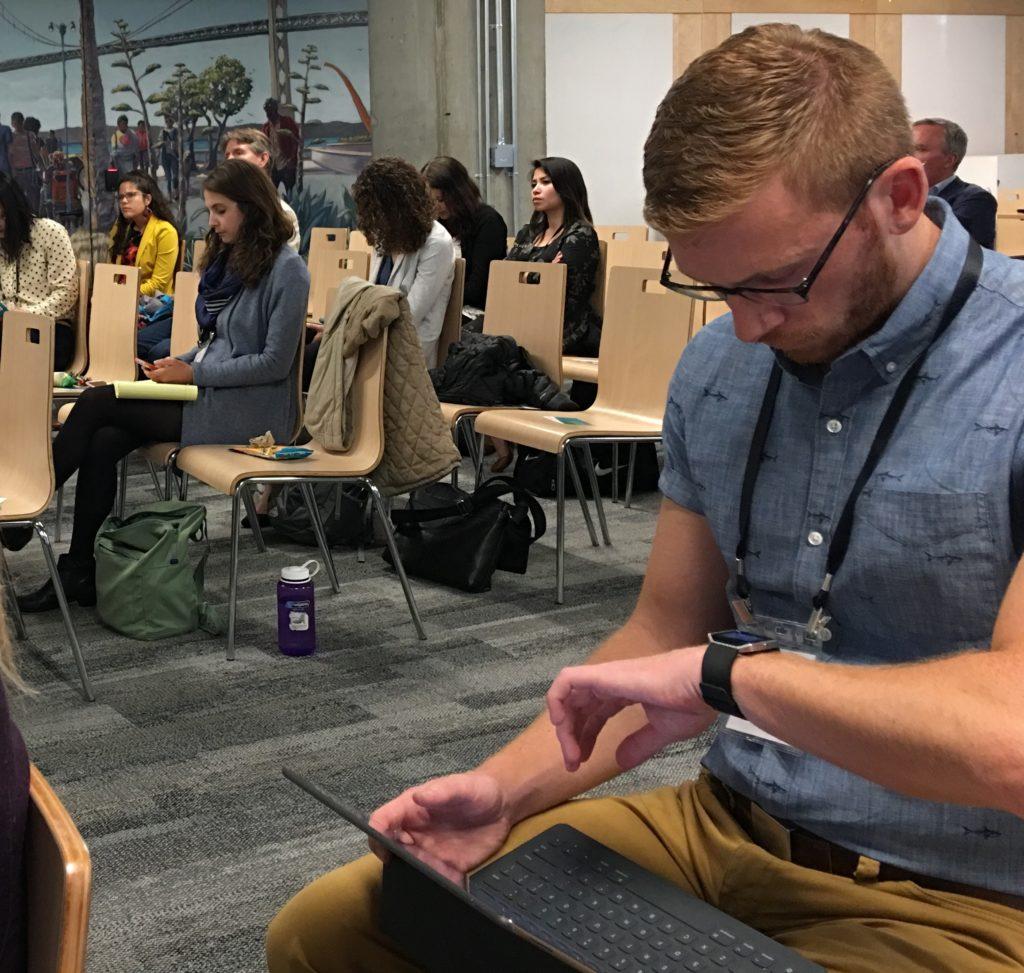
Well-being –
While concepts of individual well-being vary in the emphasis given to different elements, all look at the whole person in relationship to other humans and the world in which they live.
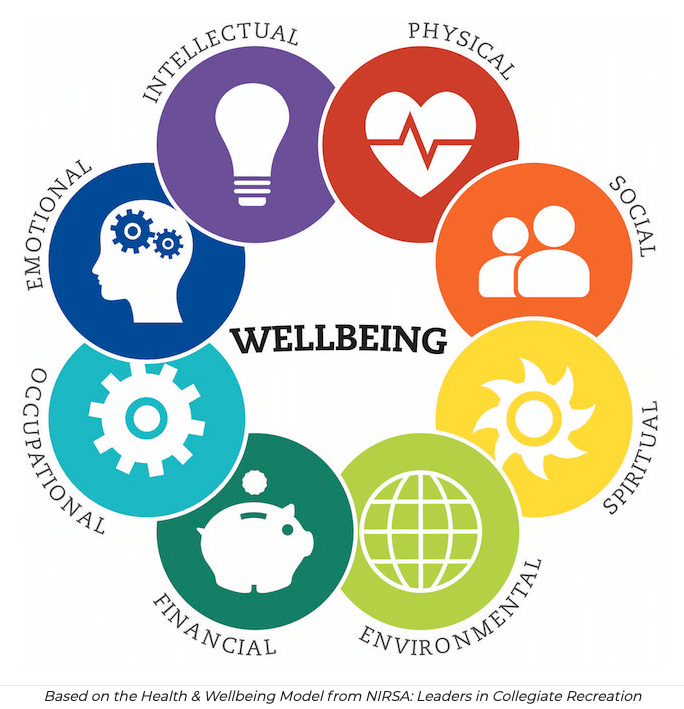
Issues
click here to for issues
What are the Ideas and Concepts you use in your practice? Share them with your colleagues. Expand each others’ horizons. We invite you to join our community at our sister site, OpenPortal4Learning where there is an ongoing discussion under Concepts in Alternative Education, and other topics.
Agree, disagree, add a new idea, reword something that is already here. Your opinion is what makes network connections.
Program Focus
Women’s Education
Women who live in male dominated cultures are often denied basic education as well as economic and sexual freedom. Women’s Education programs aim to provide enhanced access to classes in reading, writing, maths, business and career skills, sanitation, development, and healthy living.
